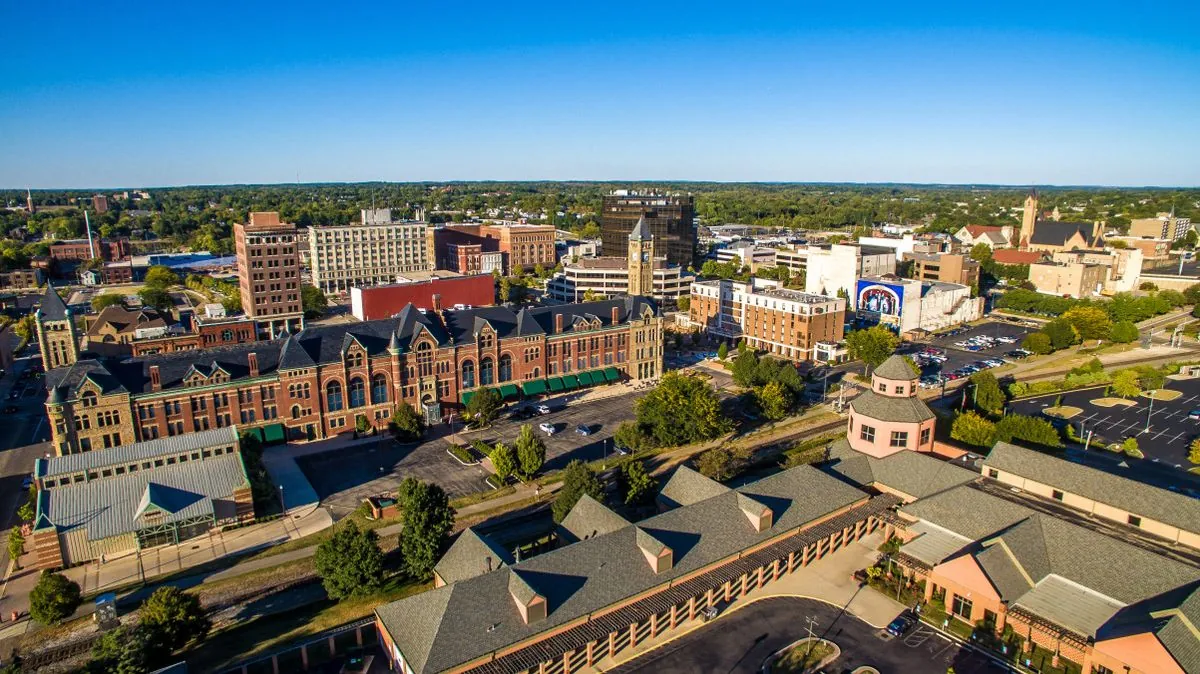Springfield, Ohio Grapples with Haitian Influx Amid Immigration Debate
Springfield, Ohio faces challenges with a surge of Haitian immigrants, straining local resources. The situation highlights broader debates on US immigration policies and their impact on small communities.

Springfield, Ohio, a city with a rich history dating back to 1801, has recently found itself at the center of a national immigration debate. Over the past four years, this small Midwestern city of approximately 59,000 residents has experienced a significant influx of Haitian immigrants, estimated between 15,000 and 20,000 individuals.
The situation in Springfield, once known as "The Champion City" for its industrial prowess, has drawn attention to the broader implications of U.S. immigration policies. Bryan Heck, Springfield's city manager, addressed these concerns in a letter to Ohio Senator Sherrod Brown in July 2024, highlighting the strain on local resources, particularly housing availability.

The influx of Haitian immigrants to Springfield is linked to changes in federal immigration policies. In June 2024, President Joe Biden's administration expanded the Temporary Protected Status (TPS) program, granting legal status to 300,000 Haitians already in the United States. This decision, along with the renewal of TPS for an additional 200,000 Haitians, marked one of the largest expansions of the program since its inception in the 1990s.
The TPS program, which now covers nearly 900,000 people from 16 countries, allows individuals to remain in the U.S. due to unsafe conditions in their home countries. Haiti, with its ongoing political instability and economic challenges, has been a particular focus of these policies.
In January 2023, the Biden administration launched the CBP One app, aiming to streamline the entry process for up to 30,000 people monthly from Haiti, Cuba, Nicaragua, and Venezuela. In its first year, the program granted parole to over 357,000 individuals, with Haitians comprising the largest group at 138,000.
Simon Hankinson, an immigration research fellow at the Heritage Foundation, suggests that the combination of expanded TPS, parole programs, and increased illegal immigration has contributed to the challenges faced by cities like Springfield.
The situation has sparked political debate. While some Democrats have distanced themselves from the administration's policies, others warn against dismissing voters' concerns over immigration. Meanwhile, Republican officials, including Ohio Governor Mike DeWine, have criticized the federal approach to immigration.
Springfield's current challenges are set against its historical backdrop. Once a major manufacturing center and home to the Wright brothers' first airplane factory, the city has faced economic decline since the 1980s. Now, as it works on urban renewal projects, the immigration issue adds another layer of complexity to its ongoing transformation.
As Springfield navigates these challenges, the situation underscores the complex interplay between national policies and local realities in America's evolving immigration landscape.
"Dismissing voters' concerns over immigration would only confirm many in the belief in the stereotype of Democrats as smug elite jerks."


































